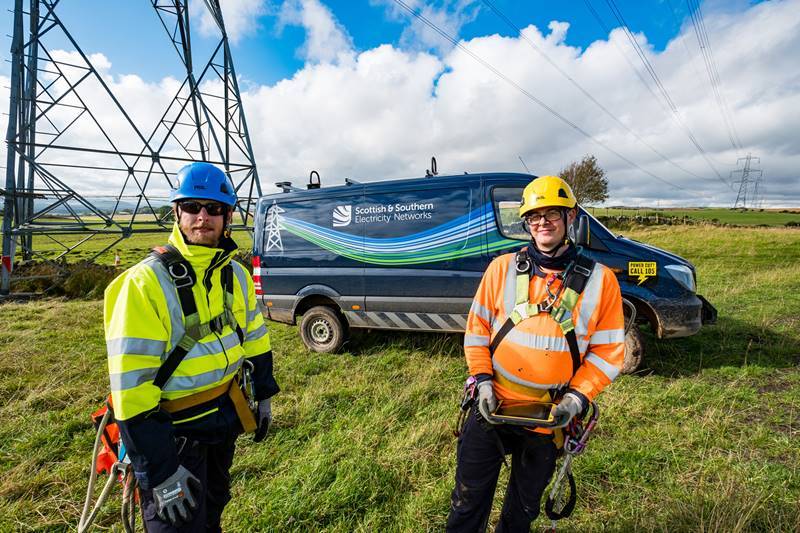A pilot scheme looking to improve energy resilience in remote and rural areas through the use of battery storage and local energy resources is progressing to phase two.
The Resilience as a Service (RaaS) project – led by Scottish and Southern Electricity Networks (SSEN) Distribution, Costain and E.ON – is looking to develop a new, market-based solution, which could be applied at suitable sites in Great Britain to improve security of supply for local communities.
The first phase of the project has already been completed, with this providing insight into the commercial application of RaaS and developing a detailed technical design for the proposed scheme.
A technical demonstration of the RaaS concept is now to take place at Drynoch primary substation on the Isle of Skye.
The RaaS project will be designed to restore power swiftly and automatically to customers in the event of a fault, temporarily operating the network in islanded mode as SSEN engineers work to identify and restore the issue.
During normal network operation, a RaaS service provider would be able to use the battery to deliver other services to the electricity system.
It’s hoped that the RaaS concept will improve the service to customers in areas susceptible to power outages, where traditional reinforcement or use of network operator owned standby generation to provide network resilience would represent significant cost, SSEN said.
Indeed, last month SSEN Distribution signed a new Sustain service contract to allow it to defer £1.7 million worth of network reinforcement using flexibility.
The RaaS project, meanwhile, would also allow local renewables to continue generating and exporting energy at times when the grid is disrupted.
“The approach is in line with everything that SSEN wants to do in delivering a low carbon, cost effective energy system and using flexible solutions and services to operate our network dynamically,” Sarah Rigby, SSEN innovation project manager said.
The RaaS project is funded through Ofgem’s Network Innovation Competition, having secured over £10 million of funding in 2020.






